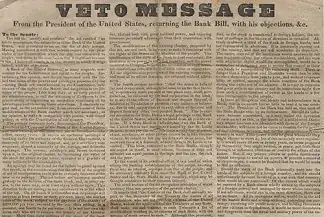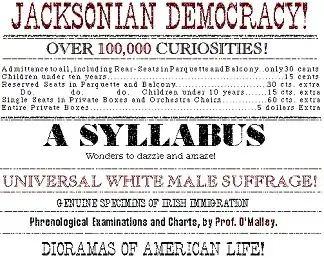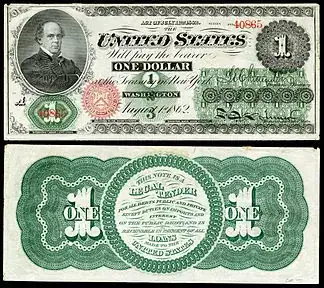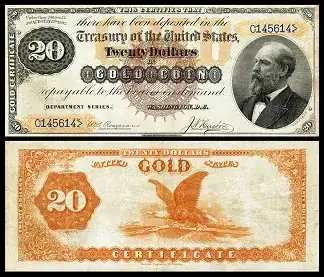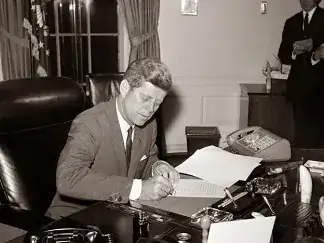The image below is widely circulated on Facebook:
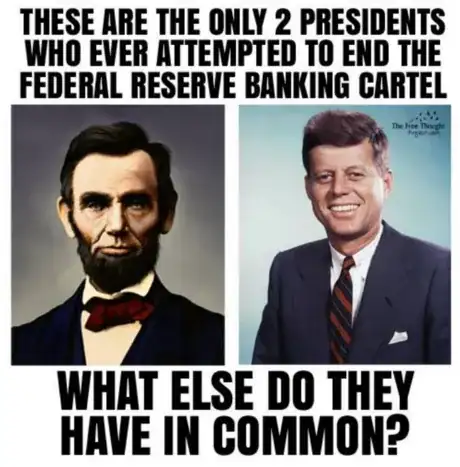
Is it true that Abraham Lincoln and John F. Kennedy the only two presidents who ever attempted to end the Federal Reserve Banking Cartel? The definition of a Banking Cartel is given in the Wikipedia article on the Federal Reserve Act:
Preceding the creation of the Federal Reserve, no U.S. central banking systems lasted for more than 25 years. Some of the questions raised include: whether Congress has the Constitutional power to delegate its power to coin money or issue paper money, whether the structure of the federal reserve is transparent enough, whether the Federal Reserve is a public Cartel of private banks (also called a banking cartel) established to protect powerful financial interests ...
